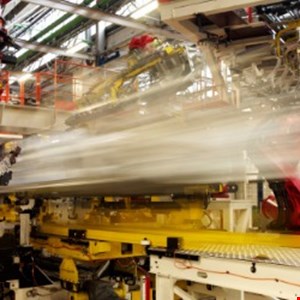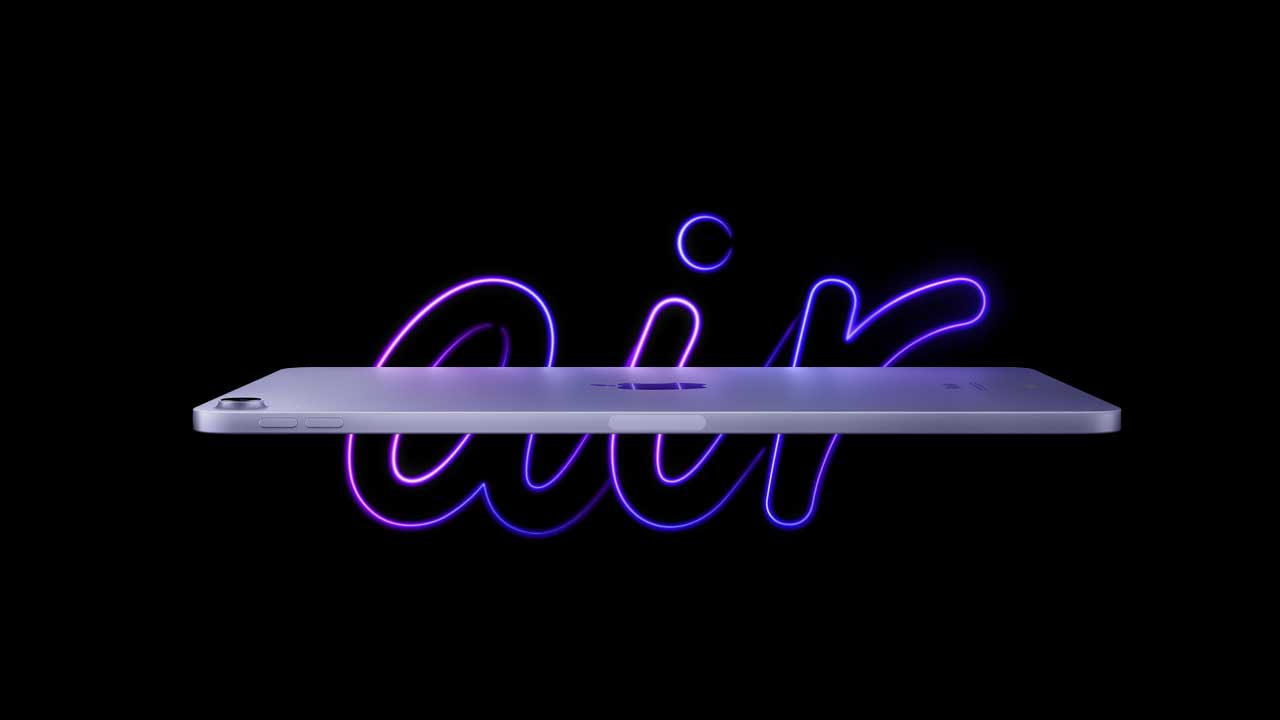In two separate instances, recently, prominent telecom leaders have been involved with special purpose acquisition companies (SPACS). Those telecom leaders are Dish Network Chairman Charlie Ergen and Associated Partners Managing Director Bill Berkman.
A SPAC, which is also referred to as “a blank-check company,” is an investment company that has no operations but raises money through an initial public offering and then uses those proceeds to acquire another company. According to the Securities and Exchange Commission, a SPAC is created specifically to pool funds in order to finance a merger or acquisition.
Last week Ergen founded a SPAC called CONX Corp. The SEC document forming CONX, states, “While we may pursue an acquisition opportunity in any industry or geographic region, we intend to focus our search on identifying a prospective target that can benefit from our operational expertise in the technology, media and telecommunications industry, including the wireless communications industry.”
CONX has filed for a $1 billion initial public offering and is looking for a listing on Nasdaq.
Why would anyone want to invest in a company that sounds so unclear and convoluted?
Bill Berkman, an investment banker and longtime telecom executive, said that in the case of CONX people will want to invest because, “They trust Charlie.” He said that through CONX, Ergen can potentially invest in spectrum, or an existing wireless operator or in fiber assets, for example. Berkman said CONX is “mutually exclusive” from Dish Network and has nothing to do with the finances of that company.
RELATED: Dish’s 5G buildout revolves around wholesale vs. retail – report
But CONX could potentially invest in a startup that does telecommunications technology that Dish Network might want to use for its new wireless network.
Radius
For his part, Berkman recently used a SPAC to propel his own business in the wireless industry. His company Digital Landscape Group went public via SPAC in February and this week re-listed from the London Stock Exchange to Nasdaq. The company has also been renamed to Radius Global Infrastructure.
Berkman comes from a Pittsburgh family whose telecommunications pedigree goes back two generations. His grandfather, the late Jack Berkman, and his father Myles Berkman were entrepreneurs who formed cable television systems, a CLEC called Teligent, and one of the nation’s first cellular telephone companies called Associated Communications.
“Our background is building networks,” said Berkman.
As for Radius Global Infrastructure, it’s a real-estate company that serves as an intermediary between wireless carriers and the property owners who own the real estate on which cell towers and other wireless equipment is deployed.
“Radius is a pure-play specialty real estate company,” said Berkman. The company owns ground and rooftop real estate and leases it to wireless carriers and tower companies. Radius gets rental income from about 5,000 sites across 19 countries. It has more than 300 employees.
Radius expects to benefit from 5G build-outs. “Candidly, I’ve never seen such a frenzy to get infrastructure built,” said Berkman. “Carriers need to move antennas around or get more space on roofs. “The European countries, Canada, Mexico, Chile – they’re all on fire.”
He also sees opportunity in edge computing with 5G, mentioning that the space at the base of towers is a good place for cloud RAN equipment.













